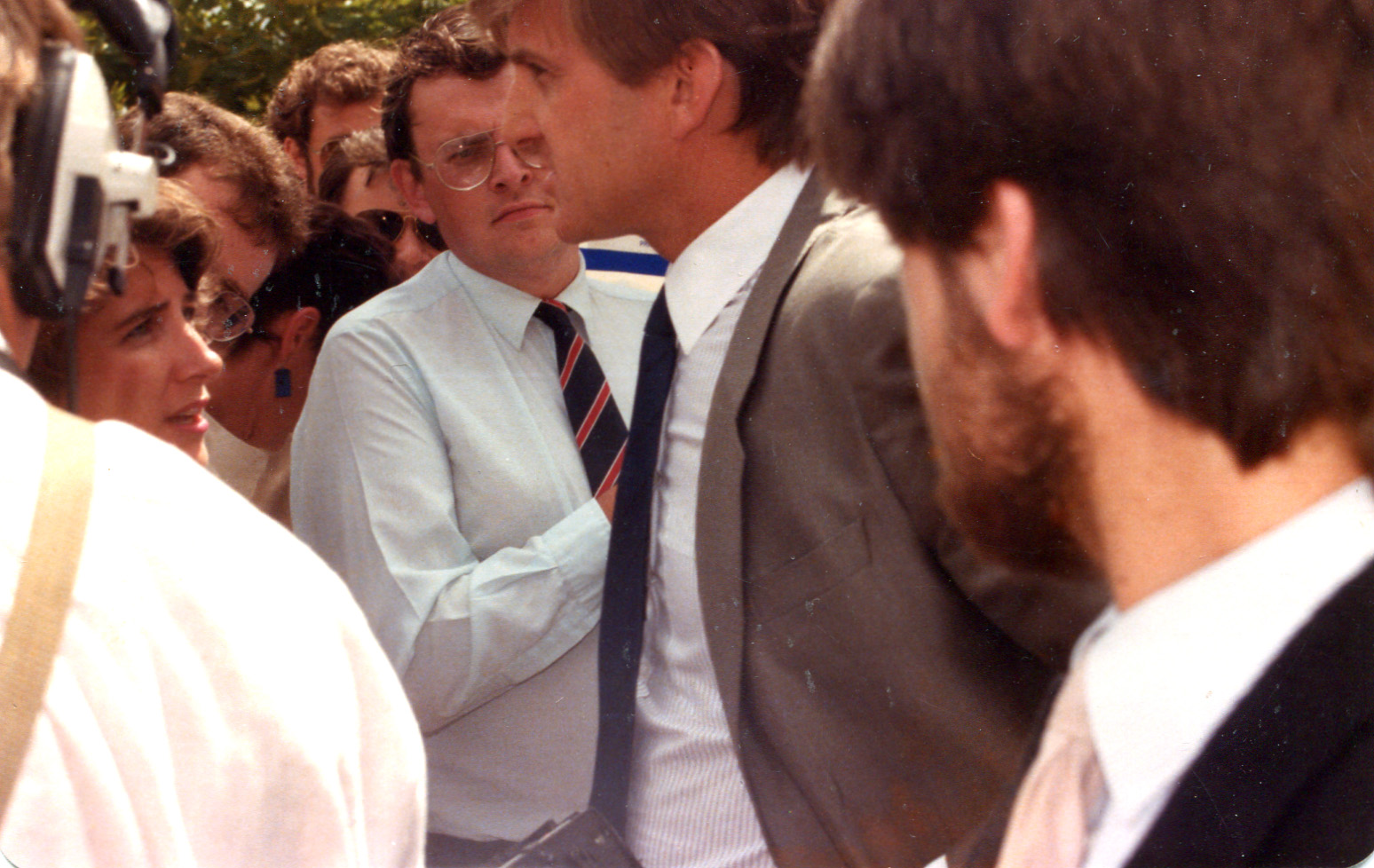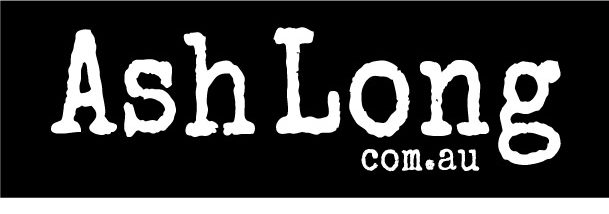
Roller coaster to hell and back
Wednesday, September 14, 1983
Victorian Media Corporation was an ill-conceived roller coaster ride to Hell-and-back in the 22 months between September 1983 and June 1985.
Victorian Media started as a little-thought-out dream to replicate a community newspaper network across the state, as a carbon copy of the great Leader group of suburban newspapers in metropolitan Melbourne.
But in less than two years, Victorian Media would lose $335,000, open and close at least five newspapers, and provide enough Court fodder for five years.
Victorian Media had its origins at the Keilor Hotel, when Leader regional editor Evan Hannah, advertising salesman Arthur Preusker and I returned from one of our Saturday ‘hit squad’ visits to Barry Browne’s Bacchus Marsh Express newspapers.
As a one man show in Bacchus Marsh and Melton, Barry paid us to put together the writing, advertising sales and production of his 10,000-circulation country weekly. After a few weeks of doing this, we figured there was plenty of room for us in the Melbourne and country Victorian newspaper scene.
We were buoyed by our successes in bringing Barry’s Express almost instantly from 16- to 36-pages. We formed a company, at first wanting to call it the ‘State Media Group’, but Corporate Affairs knocked that back, saying it was too close to what a Government might want to run.
In the end, with a ‘board’ meeting in the bistro of the Moreland Hotel, it was Arthur and I who became directors and shareholders in Victorian Media Corporation Pty Ltd. Immediately, we took on work as agents for commercial printing, and organised promotions for shopping centres such as Centrepoint Mall in the City.
Barry’s Bacchus Marsh Express and Melton Express suddenly became profitable again, and looked a threat to The Age’-owned Bacchus Marsh-Melton Mail. Through many lengthy discussions, working with Age executives such as John Jost and Mike Worner, we produced a joint venture model that would give Barry some financial security … if the financial model was agreed to.
A merger of the two newspaper was agreed. I met repeatedly with the Age executives, calculated the detailed weekly projections on how the joint paper would be produced, and was the go-between for the two groups. For my efforts, it was agreed that I would receive $23,000 – payable by weekly instalments over 36 months. I also took over the lease contact on The Express’s production equipment at $768 per month for a typesetter, developing equipment, and a graphics camera.
Within three months, Express owner Barry Browne and Syme Community Newspapers chief Mike Worner ambushed me – and said they would no longer honour the remaining contract for more than $20,000. They said an eight-page Mothers Day brochure produced by Victorian Media for Albert Peck’s Melton Regional Shopping Centre had breached the contract, despite the fact that each of them had given specific permission for the job to proceed.
Barry Browne often used a saying: “There’s one for the book of memories.” It was a debt that remained unpaid, but the ledger was squared about 30 years later.
Throughout 1983 I was suggesting a joint venture agreement to the Leader Newspaper Group. I was getting restless with my job as Regional Manager of Leader’s eight northern newspapers, and could see that I could earn greater financial reward elsewhere.
I submitted a joint venture suggestion to Leader which suggested that I operate under their wing in public relations projects, shopping centre marketing, advertising agency work and special publications. All printing work would go to Leader>
My idea had the backing of Leader Managing Director Don Brown, as too from Vice-Chairman John Mott. The younger brigade of Commercial Sales Director Wally Mott, and chairman Bob (R.R.) Mott’s sons, Robert and Anthony, gave it the thumbs down. They weren’t keen on giving 50 per cent of any business venture to anyone.
I don’t know what happened in the Leader board room that day. I wasn’t interested in the family poltics, and I couldn’t question the high-flying 1980s policy of “Don’t bother analysing it, just keep counting.”
The Leader Baord never replied to my submission. They left it to Don Brown to try to hose down someone who wanted to add to their profits. No-one had dared to go outside the boundary lines, it seemed. I resigned… to leave Leader, opening my own consultancy, Victorian Media – in mid-September, 1983.
Arthur Preusker, in addition to being a Leader rep. by day, worked for Victorian Media. It was not uncommon for us to work from 5am or 6am in those days. Where did all the energy come from?
Our first project hot the streets just one day after I left Leader. Its associated company, Broadglen, published a newspaper, News-Pix Weekender, in partnership with Syme Community Newspaper. The paper was used as a cheap advertising publication ‘spoiler’ in the Bacchus Marsh-Melton-Gisborne-Macedon area, to counter Joe Reivers’s Telegraph group.
Joe, who had been a minor partner in Barry Browne’s Express group, had recently started the Bacchus Marsh-Melton Telegraph, and was seen as a threat to the two giants.
Our first News-Pix Weekender is a collector’s item. That’s because the first issue was also the last. The paper lost money for Broadglen and Syem. THAT’S why they gifted it to me. We weren’t in a position to produce a losing proposition every week.
One News-Pix Weekender client, the Stan Cash electrical and furniture group was handy though. Their Assistant Advertising Manager, Jim Christidis, had been an advertising employee for me at Leader Northcote. Stan Cash asked me for proofs in a paper called the Sunday Advertiser, so they could provide tear-sheets for overseas suppliers. I did not realise at the time they weren’t proofs, but tearsheets to retrieve advertising subsidies from overseas firms like Atari.
Almost immediately, Victorian Media took a 13-week consultancy with the Truth newspaper group (Associated Communications Enterprises), owned by Mark Day and Owen Thomson, to help with their Clarion suburban newspaper in Melbourne’s inner-city area. This was lucrative for us and involved Arthur Preusker, Keith Peplar and competent telemarketer Heather Garth.
Heather – a bubbly, large lady, with an exuberant nature and a giggling (successful!) telephone sales exponent – literally freaked out the hard-headed Truth massage parlour ad sales reps. Snow White (albeit a loud one) and the rotten apples. The Truth press gang protested at a stop-work meeting, so Heather moved into my sound-proof ‘Advertising Director’s’ office and I moved out with the troops.
Our time with The Clarion was commercially successful. Group Accountant Stephen Everett, who later became ACE’s radio division Managing Director, was pleased with the large advertising sales revenue boosts that we introduced, which he said took The Clarion into the black.
Part-owner Mark Day was pleased, but characteristically distant and ‘bear-like’. His then-partner Owen Thomson would unlikely show pleasure at anything. (Barry Humphries based the Sir Les Patterson character on Owen Thomson.) We would complete our task at Christmas 1983, successfully taking ad revenue asked of us, not knowing that within a few months we would agree to purchase The Clarion newspaper business for $10,000 (on time-payment).

